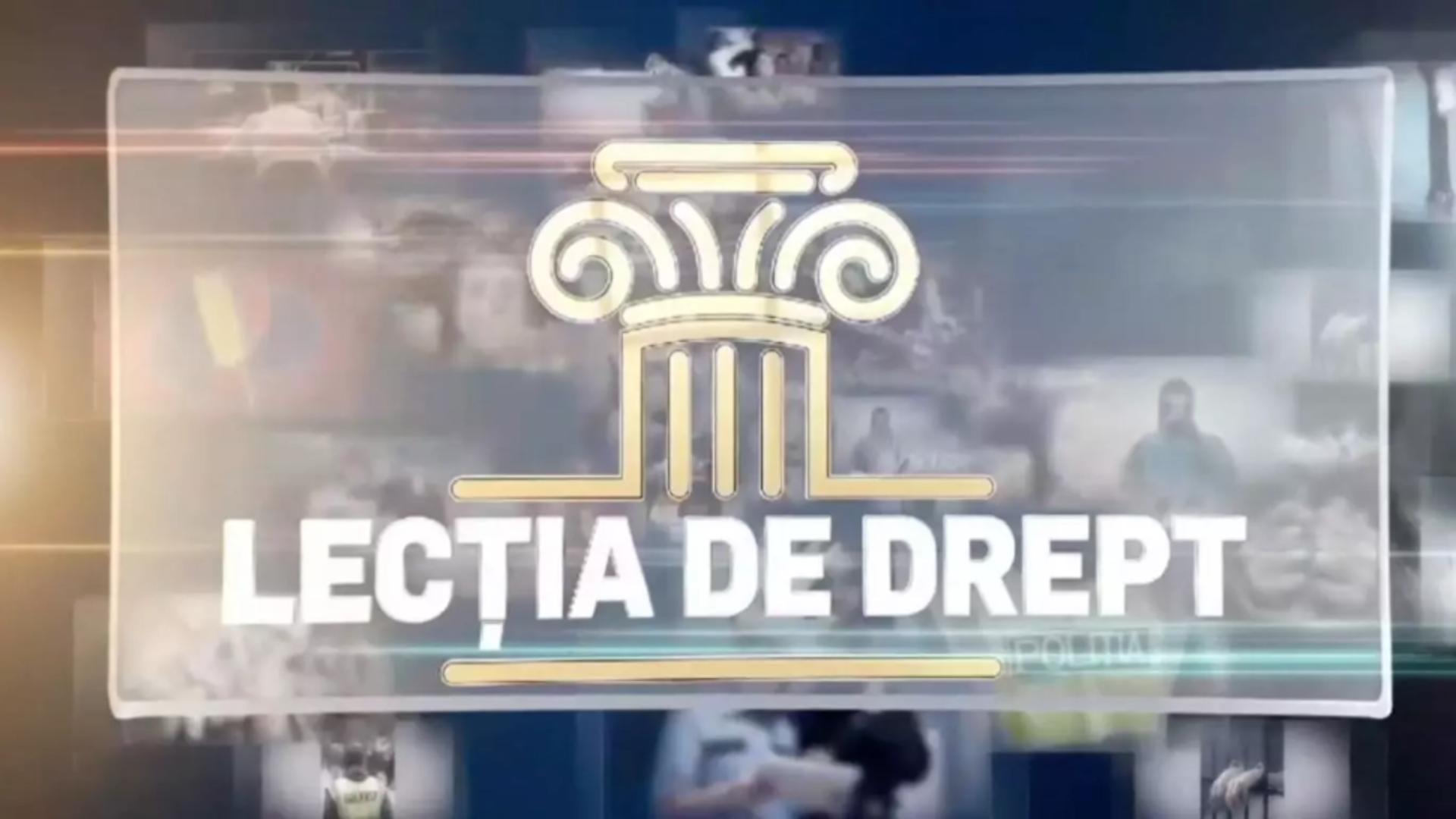Illinois ranks near the bottom among states in studies on racial equality. At the same time, study after study shows Illinois ranked among the highest in the nation in tax burden, with a tax base that is fleeing. There is no correlation between the state’s high combined state and local taxes and progress in improving equity. If there were, Illinois would be the most equitable state in the nation.
In a 2023 study of racial inequality, WalletHub ranked Illinois dead last in equity between Black and white people. It examined differences between Black and white people on eight basic measures of prosperity: poverty rate, homelessness rate, share of unsheltered homeless, labor-force participation rate, homeownership rate, share of executive positions, median annual household income and unemployment rate.
The study is supported by other reports showing economic disparity. The Archbridge Institute index ranked Illinois the 10th worst state for barriers to social mobility. It focuses on a person’s ability to climb the income ladder and outearn the previous generation. Social mobility is concerned with “achievement, aspirations, purpose and skills development,” the institute said.
Wirepoints examination of 2023 U.S. census data reported that median Black household incomes in Illinois are only 54% of white incomes — the third-worst ratio in the nation behind Louisiana (52%) and Wisconsin (50%).
Census data from 2021 shows Chicago ranked 10th from worst in a study of the size of the income gap in 98 cities. Nearly a quarter (24.7%) of Illinois Blacks live below the poverty line. That’s compared with just a bit over 8% for white residents, the sixth–worst gap of any state in the nation.
Finally, the Economic Policy Institute showed that Illinois’ Black unemployment rate was the nation’s second highest, at 10.5% , in the first quarter of 2023, the nation’s biggest gap between its Black and white unemployment rates: 7.2 percentage points. The gap between Illinois’ Black unemployment rate and the national average for Blacks in 2022 was the worst in at least 20 years.
While the research makes it abundantly clear that Illinois has failed in its efforts to achieve equity, it has certainly not failed to raise revenue. According to WalletHub, Illinois beats out Connecticut, New York, Pennsylvania and Kansas to take the top-taxing position in the country. Illinois’ effective state-local tax rate is 15.01%. The median amount an Illinois household can expect to pay is $9,488 in taxes.
The Tax Foundation’s latest annual “Facts & Figures 2023: How Does Your State Compare?” report states that Illinois’ total state/local tax burden, a combination of all taxes paid, rose to 12.9% of personal income in 2022 — the seventh highest in the nation. In per-person terms, that’s an average tax bill of $8,390. Illinoisans’ total burden far outstrips any of its neighbors. The difference between the Tax Foundation’s findings and those of WalletHub’s stem from a difference in methodology.
Kiplinger’s most recent financial report ranks Illinois as the least tax-friendly state for middle-class families. Kiplinger’s annual state tax analysis found Illinois’ second-highest property taxes, eighth-highest combined sales tax and above-average income taxes are costing middle-class families more than in any state except New Jersey and Connecticut.
Wirepoints reports that, when measured as a percentage of home values, Illinois property taxes are the highest in the country. ATTOM Data Solutions calculates Illinois’ effective tax rate equaled 1.86% in 2021. As a share of household incomes, they’re up more than 60% compared with three decades ago.
Meanwhile, the Lincoln Institute of Land Policy’s “50 State Property Tax Comparison Study” found businesses in Chicago burdened with the highest commercial property taxes among big cities in the country. Chicago’s commercial property taxes increased by 93% from 2012 to 2022.
Illinois’ equity and tax burden are like two ships passing in the night as Illinois sinks to the bottom on the equity scale and rises to the top on the tax burden scale. Unfortunately, if the recent actions of the state and city are any indicator, things will only get worse as they resort to higher taxes and engage in policies that will create even greater inequity.
The governor’s response to the exhausting of COVID-19 funds is to propose $800 million in new revenues. In Chicago, Mayor Brandon Johnson’s other campaign tax proposals like restoring the head tax, raising the hotel tax and enacting a jet fuel tax remain in the on-deck circle while some supporters call for a city income tax and a congestion tax.
Despite the abysmal performance and already spending almost $30,000 per student, the Chicago Teachers Union makes contract demands that will cost the city billions, while school leaders who cry budget crisis claim $1.4 billion more is needed in annual operating dollars to provide a quality education.
Meanwhile, the virtual “blank check” for migrant support is shifting significant funds from programs that can address the critical needs of state and city residents. Nearly 37,000 migrants have arrived in Chicago since August 2022. Illinois and Chicago have allocated or committed over $800 million to support migrants seeking asylum. This doesn’t include almost $1 billion for migrant health care. Both city and state responses to the crisis pivot not on curbing migrant influx but securing federal bailouts.
On the programmatic side, progressive policies undermine the two most important elements of increasing equity: safe neighborhoods and quality school choices. Eliminating police positions, not filling vacancies and penalizing proactive policing overwhelmingly affects poor Black and Latino communities. Meanwhile, the mayor’s appointed school board moves to eliminate the only school alternatives for most poor families, overwhelmingly Black and Latino, the magnet and public charter schools.
Despite placing “equity” at the center of most everything it does, Illinois ranks last or near the bottom among states in studies on racial equality despite being one of if not the highest-taxed state. Minorities and the poor would do well to question the progressive equity agenda that takes more and more and gives less and less.
Paul Vallas is an adviser for the Illinois Policy Institute. He ran for Chicago mayor in 2023 and in 2019 and was previously budget director for the city and CEO of Chicago Public Schools.





